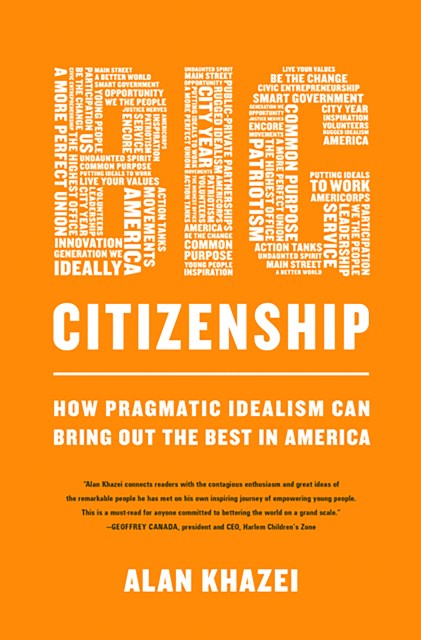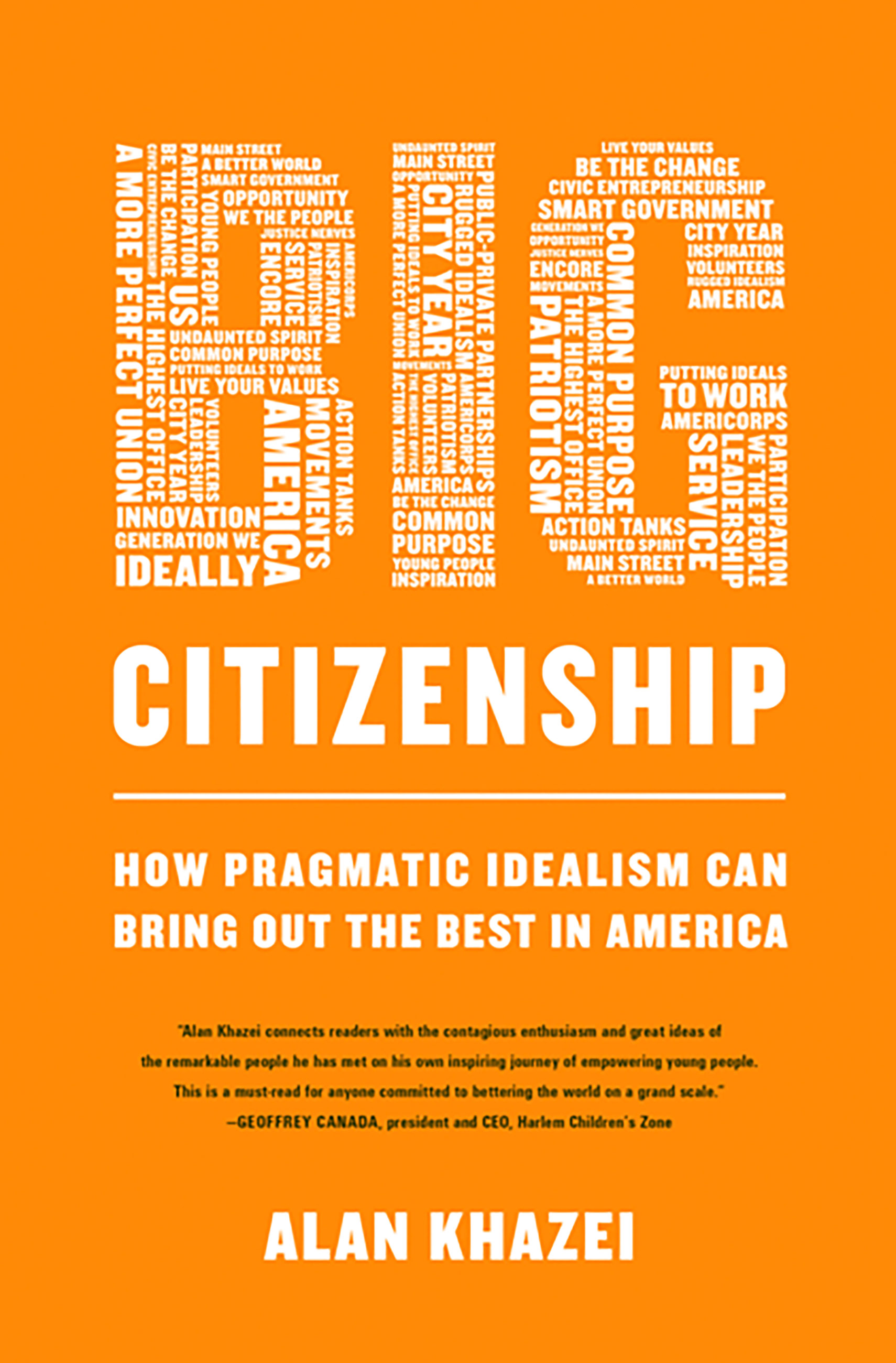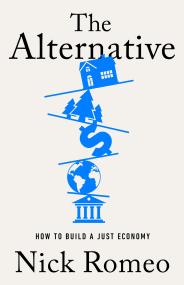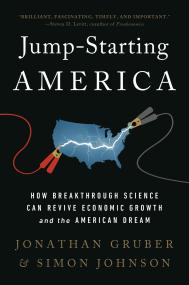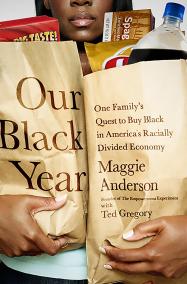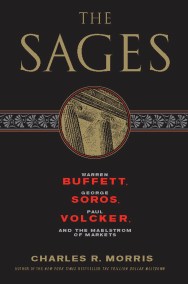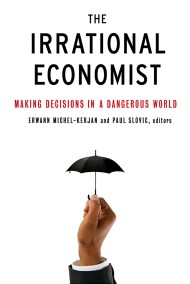By clicking “Accept,” you agree to the use of cookies and similar technologies on your device as set forth in our Cookie Policy and our Privacy Policy. Please note that certain cookies are essential for this website to function properly and do not require user consent to be deployed.
Big Citizenship
How Pragmatic Idealism Can Bring Out the Best in America
Contributors
By Alan Khazei
Formats and Prices
- On Sale
- Aug 31, 2010
- Page Count
- 320 pages
- Publisher
- PublicAffairs
- ISBN-13
- 9781586488413
Price
$10.99Price
$13.99 CADFormat
Format:
ebook (Digital original) $10.99 $13.99 CADThis item is a preorder. Your payment method will be charged immediately, and the product is expected to ship on or around August 31, 2010. This date is subject to change due to shipping delays beyond our control.
Buy from Other Retailers:
Big Citizenship tells how, in the face of drastic budget cutbacks, Khazei led the effort to save AmeriCorps by convincing a huge coalition of people — members of Congress on both sides of the aisle, governors and mayors from around the country, private sector leaders, editorial boards of major newspapers, and thousands of American citizens — to lend their support to the fight. His journey — from the most local of grassroots engagement to Washington, D.C. — is an extraordinary story, and a vital model of idealism in action.
Newsletter Signup
By clicking ‘Sign Up,’ I acknowledge that I have read and agree to Hachette Book Group’s Privacy Policy and Terms of Use
